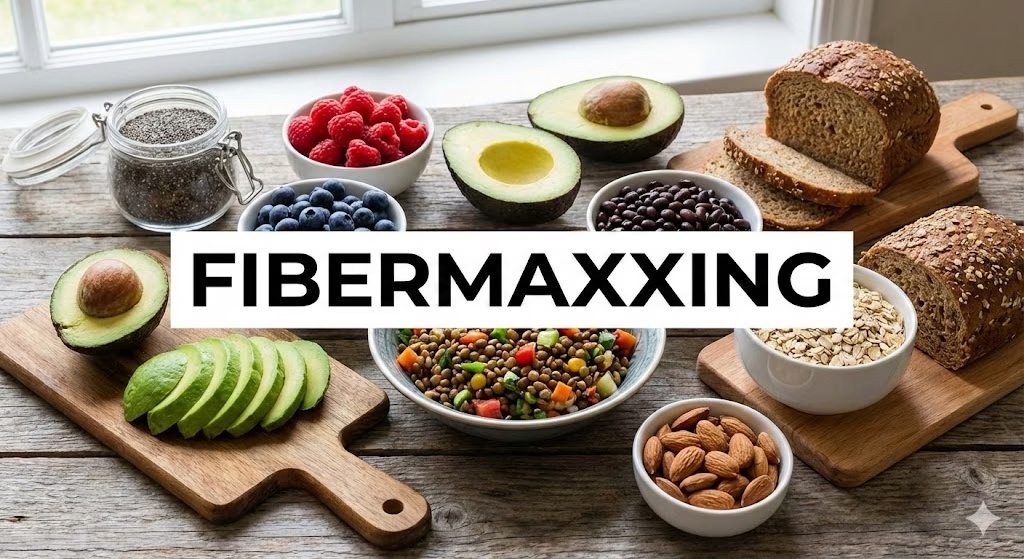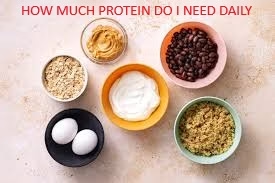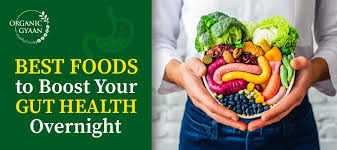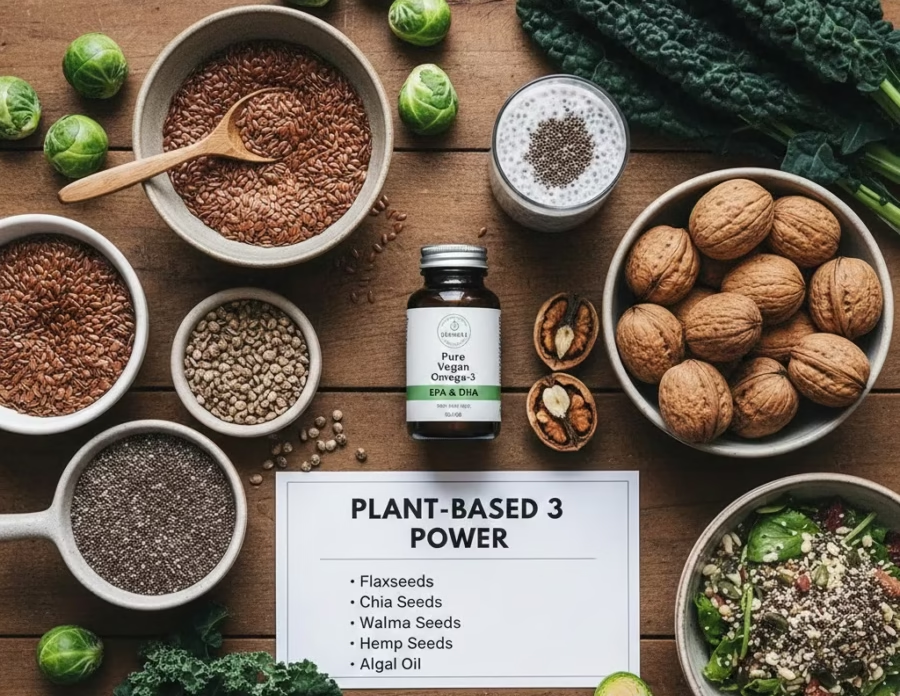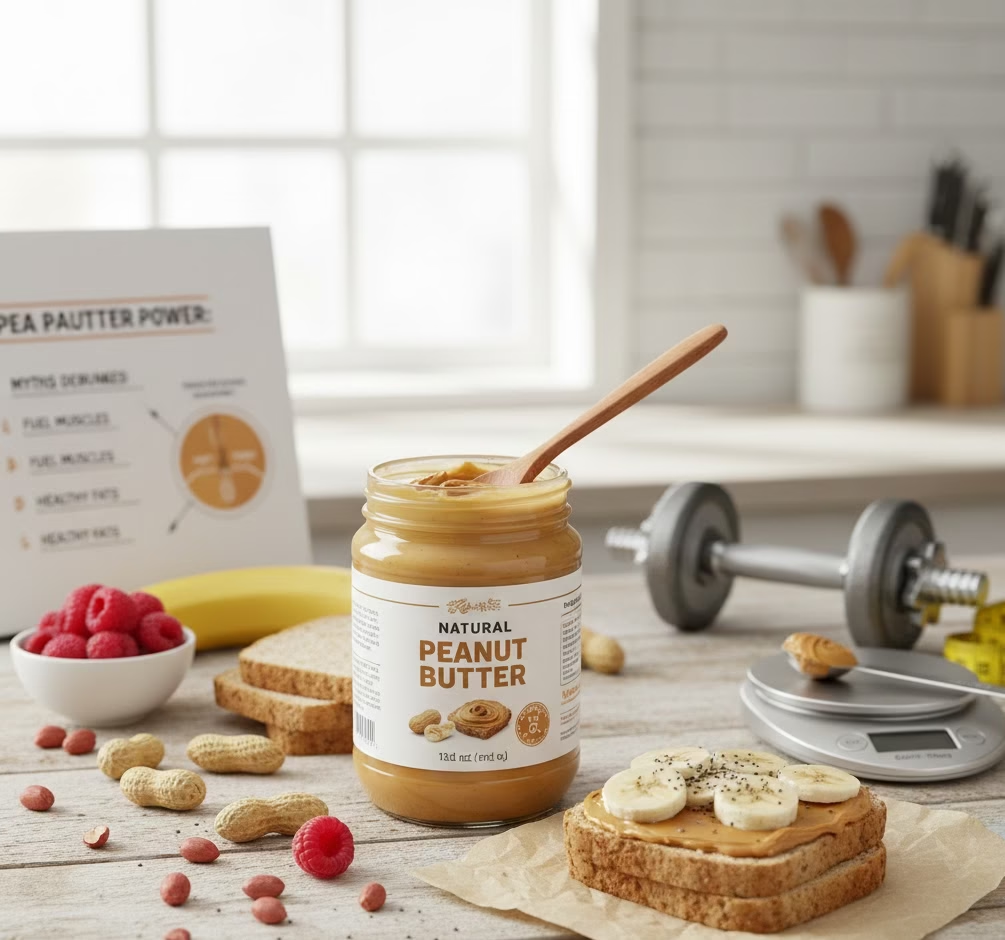
Testosterone is not only for athletes, as it’s an important hormone that has a significant impact on your energy, mood, muscle size, and sex life. Although naturally, levels of testosterone will drop as we get older, that doesn’t imply that you need to feel fatigued or out of sorts. Here’s a no-nonsense, science-based guide to naturally increasing your testosterone through diet and lifestyle.

1. Oysters and Other Zinc-Rich Foods
Oysters deserve their good reputation when it comes to testosterone-boosting. They’re full of zinc, which your body uses to produce this important hormone. If you don’t have enough zinc, you can end up with lower testosterone, and in more serious cases, even sexual dysfunction. Don’t like oysters? No worries. & nbsp; Other shellfish, red meat, poultry, legumes, and nuts. Just don’t go overboard as high dose of zinc can make your body lose its copper balance.

2. Leafy Greens and Magnesium
Spinach, kale, and Swiss chard are not only healthy greens, as they’re also packed with magnesium, an essential nutrient for testosterone levels. Magnesium aids hormone production and general health. If you need more options, beans, lentils, seeds, and whole grains are also excellent.

3. Fatty Fish and Omega-3s
Fatty fish such as salmon, mackerel, sardines, herring, and trout are good sources of omega-3 fatty acids, beneficial fats that maintain hormone balances. Research indicates that increased intake of omega-3s is associated with improved testosterone levels, particularly in over weight men. You can also opt for fish oil supplements, but it would be better if you get your omega-3s from whole foods.

4. Eggs and Healthy Fats
Whole eggs (yes, the yolk too) are filled with nutrients and cholesterol, which your body incorporates into making testosterone. Eating eggs, particularly in addition to regular strength training can assist in boosting testosterone naturally.

5. Dairy and Vitamin D
Vitamin D is critical to hormone well-being, and most individuals don’t have enough. Dairy and fortified milk can be of help, and safe sun exposure or a supplement if necessary. Maintaining a healthy level of vitamin D can assist in keeping your testosterone regulated.

6. Legumes and Beans
Beans, lentils, peas, and peanuts are high in zinc and magnesium, both essential to producing testosterone. Having legumes as a regular part of your diet can also help maintain testicular function and overall reproductive well-being.

7. Onions and Antioxidants
Onions don’t provide mere flavor, as they can also serve hormone health. Certain studies indicate they can boost luteinizing hormone levels, which tell the testes to produce more testosterone. Onions also contain antioxidants and can alleviate inflammation and enhance insulin sensitivity.

8. Ginger and Pomegranates
Ginger has been utilized in traditional medicine for hundreds of years, and honey studies indicate it might help enhance testosterone. Although we require additional research on people, ginger also promotes circulation and cardiovascular health. Pomegranates are full of antioxidants that enhance heart health and combat stress, both essential to maintaining healthy hormone balances.

9. Honey and Flavonoid-Rich Foods
Honey offers more than just sweetness, as it contains compounds that may protect testicular cells and support testosterone production. You’ll also find helpful flavonoids in foods like broccoli, hot peppers, onions, kale, rutabagas, and spinach. These nutrients may help slow age-related testosterone decline.

10. Lifestyle Habits: Exercise, Sleep, and Weight Management
No single food can do everything. Being active, especially strength training is one of the best ways to increase testosterone. Maintaining a healthy weight is equally vital, as extra body fat can drop your levels. But don’t overdo it, as radical dieting or caloric restriction can act against you. And don’t dismiss sleep, getting quality sleep is essential for maintaining your hormones in balance.

Foods and Habits to Avoid
Some things can work against your testosterone levels. Deep-fried foods, processed meats, and trans fats are known hormone saboteurs. Drinking too much alcohol can also interfere. And substances like steroids, opioids, nicotine, and amphetamines can all disrupt testosterone production and fertility.

By focusing on smart food choices and healthy daily habits, you’re not just supporting testosterone, as you’re boosting your overall health, energy, and vitality for the long haul.



